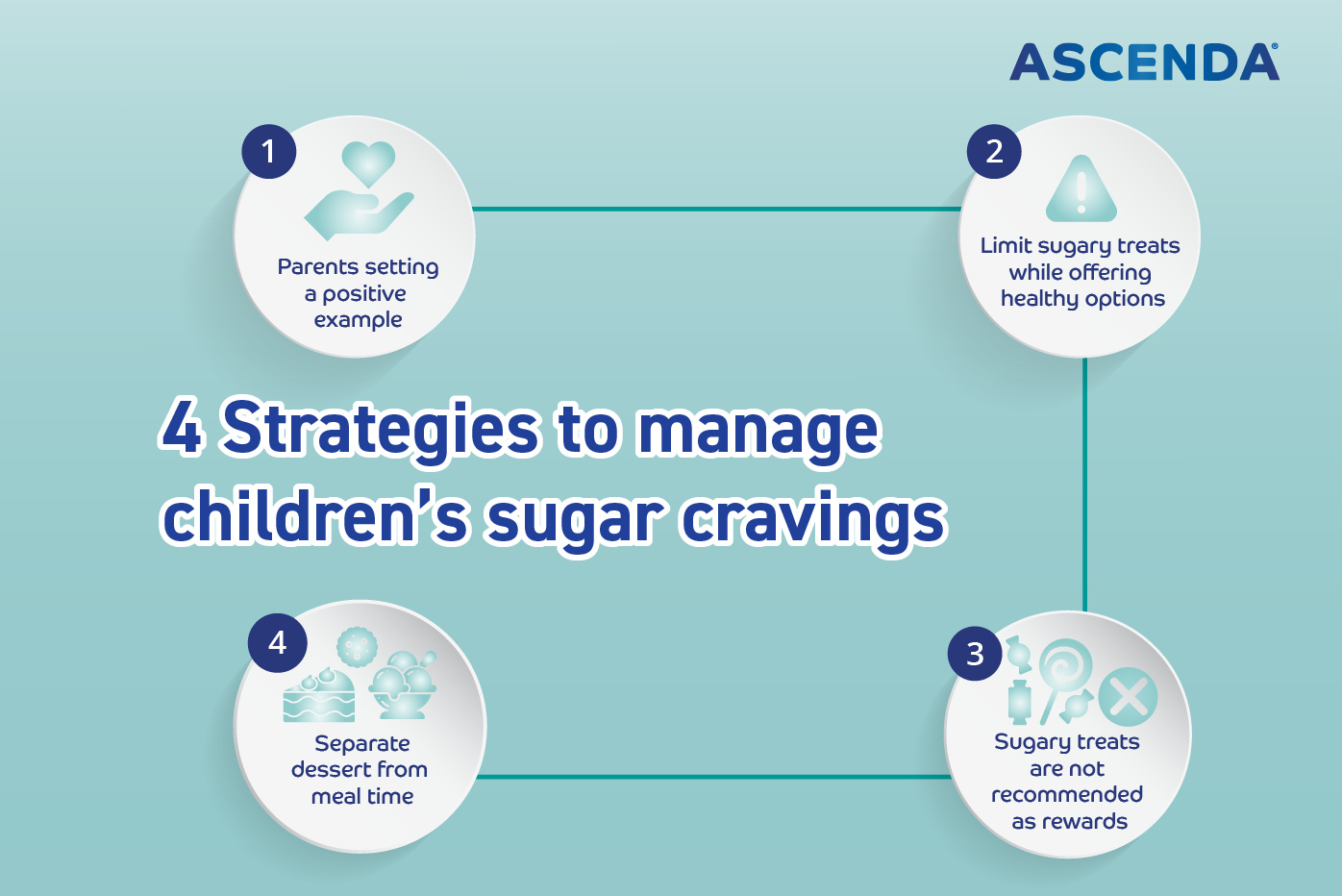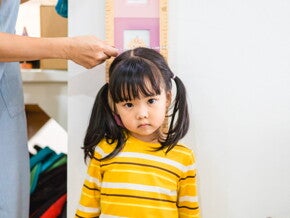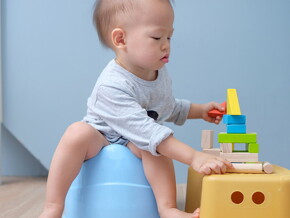
Outsmart Sugar Cravings: Strategies to Help Your Children
Parents, you are not alone in this world! It can be a difficult feat for parents to ask your kids to eat carrots or any healthy food for kids instead of ice cream. Occasional treats are definitely welcomed but too much of them can impact your kids health as there are many cases related to negative health effects in children with excessive sugar consumption.
If you are worried that your children are not getting enough nutrients as they should have due to excessive sugar consumption, focus on helping your child to reduce or eat sweet treats in moderation. Sugar cravings might not cause nutritional deficiency directly in this case but it is important for parents to set up some rules and guidelines to help manage their children’s sugar craving. Check out these tips and strategies to help your child!
4 Strategies to manage children's sugar cravings

#1. Parents setting a positive example
Healthy eating habits begin at home! Parents play a crucial role in shaping their children's eating habits. By practising healthy eating themselves, they can be powerful role models, encouraging their children to make nutritious food choices and make mealtime fun for the whole family.
By cooking healthy meals at home, parents set a positive example for their children and naturally reduce their sugar intake. This approach also gives you more control over ingredients, ensuring a balanced diet and fostering healthy eating habits in the long run.
#2. Limit sugary treats while offering healthy options

Parents can provide a variety of healthy snacks throughout the day to keep your child feeling full and less likely to crave sugary treats. This could include fresh fruits, yogurt with no added sugar, whole-grain crackers with cheese, or homemade trail mix. When choosing healthier alternatives, you can always check the food packaging and scan the ingredients list for any added sugars. Keep an eye out for ingredients like sucrose, honey, corn syrup, or fructose, which may not always be explicitly labelled as ‘sugar’. Remember, the first ingredient listed is the most abundant component of the product.
Plus, you can also gradually reduce the frequency of sugary food or sugar-sweetened beverages and limit them to smaller portions. This allows your child to enjoy them occasionally without going overboard. Remember, sweets can be part of a healthy diet in moderation.
Sugary treats at home can be a huge temptation to children. Avoid stocking up on sugary food like chocolate, candy or ice cream as it will trigger your child’s cravings. Instead, focus on stocking your pantry with nutritious alternatives like fruits, nuts, or yogurt to help your child develop healthier eating habits.

#3. Sugary treats are not recommended as rewards

Giving sweets as a reward for children6 is one of the common approaches practised by parents in hopes to outsmart sugar cravings in children while being perceived as instant gratification for children’s positive behaviour. But it also has its downsides to your children’s overall health. This type of reward system might lead children to expect sugary treats whenever they perform well which potentially could lead to an increased risk of obesity, tooth decay, and other health problems.
By associating sweets with positive experiences, children may develop a preference for sugary treats and start requesting them more often. This can lead to unhealthy eating habits and a long-term inclination towards high-sugar foods. Using sweets as a reward can also be detrimental because it will only cause kids to be dependent on sugary treats more. It will be difficult for parents to have their kids choose healthy food over sweets as they have become heavily dependent on them.
This is the time for parents to get creative with their approach! As an alternative, parents can offer non-food rewards such as extra playtime, going for outdoor activity, or words of praise and encouragement. Participating in these activities can be just as enriching for parents as they are for children, strengthening the bond between them.
#4. Separate dessert from meal time

“Eat your meal first, dessert later”. Sounds familiar? Many parents believe that tying desserts to lunch or dinner afterwards can help encourage children to eat healthy meals. As successful this strategy can be, it also has its hiccups.
Potentially, your children can end up developing picky eating habits. They know what will come after the meal, so they munch their food quickly or even try different foods in order to get to the dessert.
Offering dessert after dinner can create unintended consequences. For instance, children who dislike the main course might be tempted to skip it entirely, hoping to go straight to dessert. This can lead to missed nutrients and a potentially unhealthy relationship with food.
Furthermore, tying dessert to dinner can create the misconception that sweets are reserved for special occasions. It's important to remember that all foods, including sweets, can be enjoyed in moderation as part of a balanced diet.
Sweet treats are a fun and enjoyable way for children to enjoy their childhood but bear in mind, excessive consumption of sugar can lead to negative effects. Parents play an important role in ensuring that their children are aware of the effect of sugar cravings. It is important for parents to help their children develop a positive relationship with food and reduce the risk of dependence on sweets. Additionally, parents can also focus on building healthy eating habits alongside ASCENDA®.
ASCENDA® is a nutritionally complete milk formula containing 38 key nutrients, formulated with zero sucrose to support children's catch-up growth, ensuring your child gets the most out of every calorie they consume.
References:
1 Karen Cicero (2016)
How to Tame Your Kid's Sweet Tooth in 30 Days
https://www.parents.com/kids/nutrition/healthy-eating/how-to-tame-your-kids-sweet-tooth-in-30-days/
2 Cleveland Clinic (2018)
Sugar: How Bad Are Sweets for Your Kids?
https://health.clevelandclinic.org/sugar-how-bad-are-sweets-for-your-kids/
3 Unlockfood.ca (2018)
Kids, Sugar and Healthy Eating
https://www.unlockfood.ca/en/Articles/Childrens-Nutrition/Children-Nutrition-Raising-Healthy-Kids/Kids,-Sugar-and-Healthy-Eating.aspx
4 Jean Lawrence (2004)
When It Comes to Sweets, Never Say Never
https://www.webmd.com/diet/features/when-it-comes-to-sweets-never-say-never
5 Cara Rosenbloom (2021)
How to stop your kid from obsessing over dessert
https://www.todaysparent.com/family/family-health/how-to-stop-your-kid-from-obsessing-over-dessert/
6 Dawn Earnesty, Michigan State University Extension and Annalisa Creger, Michigan State University Extension Summer Intern (2016)
How and why you should avoid rewarding your child with sweets
https://www.canr.msu.edu/news/how_and_why_you_should_avoid_rewarding_your_child_with_sweets


















